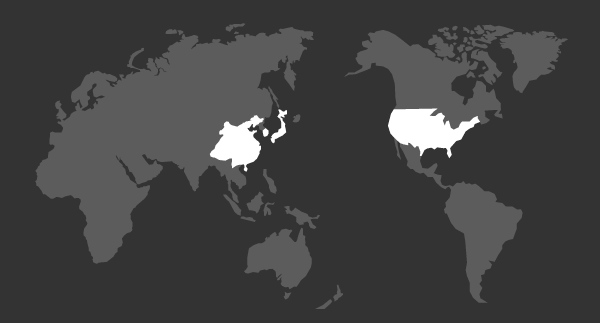|
In his report at the Fifth Plenary Meeting of the 7th Central Committee
of the Worker’s Party in Korea (WPK), Chairman Kim Jong-un
emphasized his determination to “break through head-on” obstacles that
lie ahead for his regime. Meanwhile, the United States continues to
distrust the willingness of North Korea to denuclearize. Under these
circumstances, it is difficult to envision a silver lining in future
denuclearization talks between the United States and North Korea.
Furthermore, the North Korean nuclear issue is one that concerns all
stakeholders and not just the two nations. In order to resolve such
multilateral issue, EAI experts propose that South Korea reaffirm its
position and develop a balanced four-point strategy that encompasses
sanctions, deterrence, engagement and internal transformation. This
commentary was written by Jinkyung Baek (Research Associate, EAI) and
Chaesung Chun (Chair, Center for National Security Studies at EAI;
Professor, Seoul National University) based on panel presentations at the
[Global NK NuclearSIDE Talk] 2020 East Asia Institute North Korea Reunification Strategy Discussion on January 21, 2020.
[Read Commentary]
|



